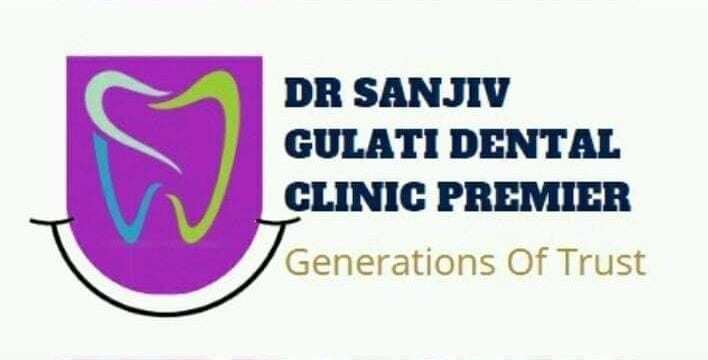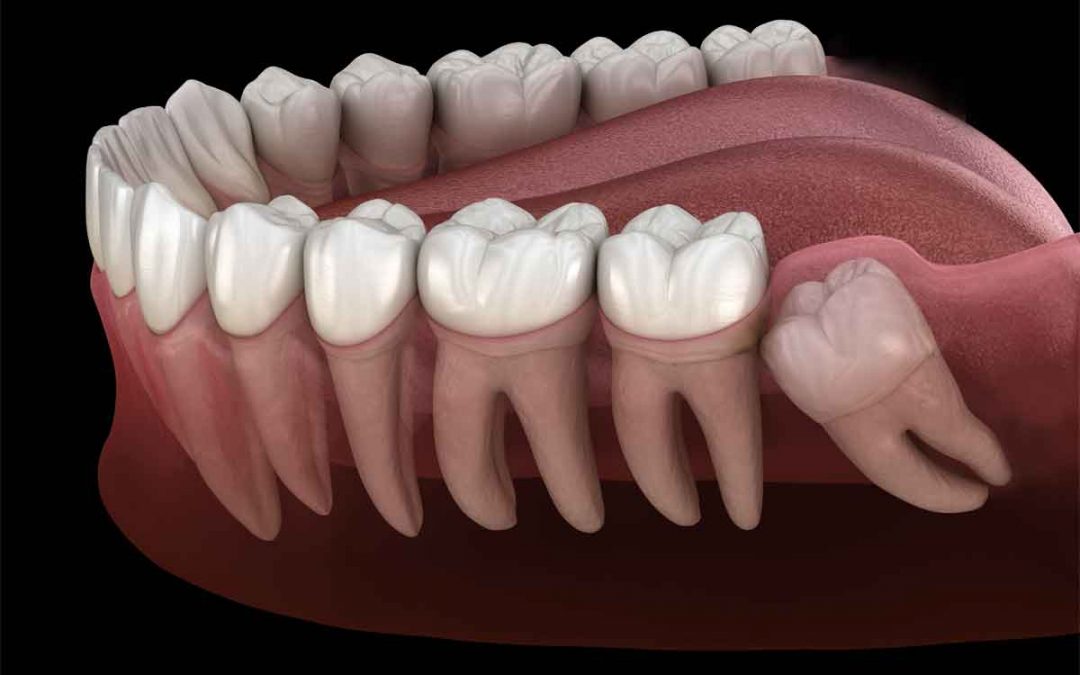Wisdom Tooth Extraction
Wisdom Tooth Extraction
Wisdom teeth, also known as third molars, are the last set of teeth to emerge in the mouth. While
some people have no issues with their wisdom teeth, others may experience problems that
necessitate their extraction
Reasons for Wisdom Tooth Extraction: There are several common reasons why wisdom teeth
may need to be extracted:
1. Impacted Wisdom Teeth: Most often, wisdom teeth do not have enough space to fully emerge, leading to impaction. Impacted wisdom teeth can cause pain, swelling, infection, and damage toadjacent teeth.
2. Crowding: Wisdom teeth can exert pressure on existing teeth, causing them to becomemisaligned or crowded. Removing the wisdom teeth can help preserve the alignment of the other teeth.
3. Decay or Gum Disease: Wisdom teeth are more prone to cavities and gum disease due to theirlocation at the back of the mouth. If these issues cannot be effectively treated, extraction may be recommended.
4. Cysts or Tumors: In some cases, wisdom teeth may develop cysts or tumors, which can causedamage to the jawbone and surrounding structures. Removal is necessary to prevent furthercomplications.
The Extraction Procedure:
The extraction of wisdom teeth typically involves the following steps:
1. Examination and X-rays: Your dentist or oral surgeon will conduct a thorough examination andtake X-rays to assess the position of the wisdom teeth and determine the best approach for extraction.
2. Anesthesia: Local anesthesia is administered to numb the extraction site and ensure a painlessprocedure. Sedation options may also be available to help you feel more relaxed and comfortableduring the surgery.
3. Tooth Extraction: The dentist or oral surgeon will make an incision in the gum tissue, ifnecessary, to access the impacted wisdom tooth. The tooth may be divided into smaller sections for easier removal. Sutures may be placed to promote healing.
4. Post-Extraction Care: Following the procedure, you will receive instructions on post-operativecare. This typically includes proper oral hygiene practices, pain management, swelling reductiontechniques, and a soft-food diet during the initial healing period.
Post-Operative Care and Recovery:
To ensure a smooth recovery from wisdom tooth extraction,
it is important to:
1. Follow Instructions: Adhere to the post-operative instructions provided by your dentist or oralsurgeon, including medication usage, oral hygiene practices, and dietary restrictions.
2. Manage Discomfort: Applying ice packs to the outside of your face may also help reduce swelling.
3. Maintain Oral Hygiene: Practice good oral hygiene by gently brushing your teeth, avoiding the extraction site, and using a mouth rinse as recommended by your dentist. Be cautious whenspitting or rinsing to avoid dislodging the blood clot.
4. Stick to a Soft Food Diet: Consume soft and cool foods during the initial healing period to avoiddisturbing the extraction site. Gradually reintroduce solid foods as advised by your dental professional.
5. Attend Follow-up Appointments: Schedule and attend any necessary follow-up appointments tomonitor your healing progress and address any concerns.Conclusion: Wisdom tooth extraction is a common dental procedure performed to alleviate pain,prevent complications, and maintain oral health. If you are experiencing discomfort or suspectissues with your wisdom teeth, it is important to consult with a dental professional who canassess your situation and provide appropriate recommendations. By following the extractionprocedure and post-operative care instructions, you can ensure a smooth recovery and maintain optimal oral well-being.
At our clinic, Dr Shubhav Gulati is the oral and maxillofacial surgeon and handles all the cases
of wisdom teeth extraction.

